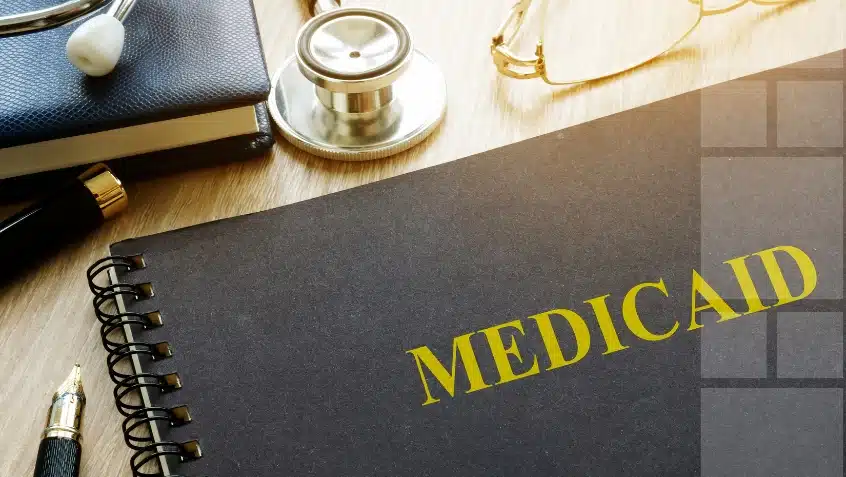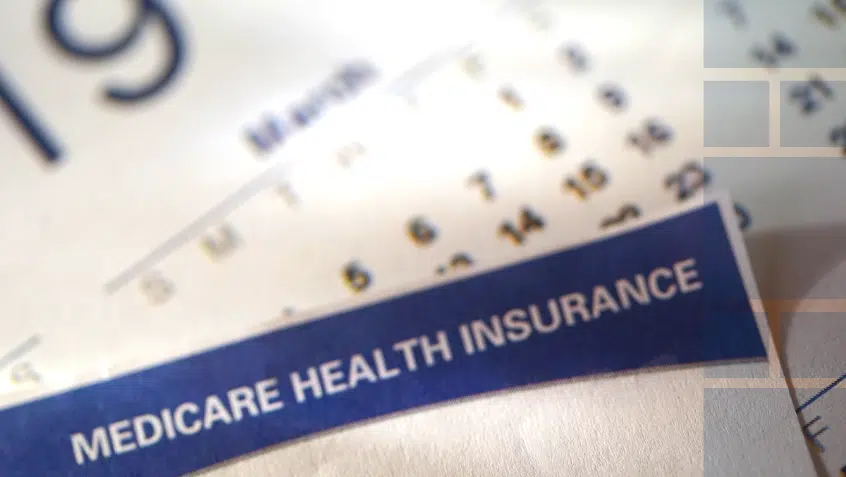Join Us Live for a Discussion on Medicare, Democracy, and the Future of Health Care
KFF Examines Post-PHE Medicaid Landscape for Older Adults and People with Disabilities

Legislation passed during the COVID-19 Public Health Emergency (PHE), the Families First Coronavirus Response Act (FFCRA), requires states to maintain individuals’ Medicaid coverage until one month after the end of the PHE in order to receive enhanced federal funding.
This “continuous enrollment” policy has been a vital protection for many during the pandemic. It has generally prevented states from disenrolling people whose Medicaid eligibility may otherwise have been redetermined based on a change in circumstances or as part of a regular coverage renewal.
While the PHE is currently in place through mid-October, when it does eventually end and states resume regular operations, many older adults and people with disabilities who have remained on Medicaid due to the FFCRA may lose this eligibility. Transitioning to other coverage—in particular for those who may have missed key Medicare or Medigap enrollment windows—could mean gaps in coverage, increased costs, and fewer options.
A new Kaiser Family Foundation (KFF) survey of state Medicaid officials captures some of the anticipated post-PHE enrollment changes for people who are currently Medicaid-eligible through old age or disability (“non-MAGI”) pathways. Key findings include the following:
- Most states anticipate non-MAGI enrollment will decrease when the PHE ends. States most frequently cited changes in income, returned mail, or inability to contact the enrollee as the likely primary drivers.
- Staffing shortages and enrollee confusion were the most frequently identified issues states expected to affect non-MAGI enrollees when they return to normal administrative operations.
- While most states currently renew eligibility for a small share (<25%) of non-MAGI enrollees on an ex parte basis (without requiring information from the enrollee), a majority have adopted at least one strategy to increase the share of ex parte renewals.
- Most states are planning to partner with other entities, such as health plans, providers, or community-based organizations, to provide information and/or assistance to seniors and people with disabilities who need to renew Medicaid eligibility or transition to other coverage, including Medicare, after the PHE ends.
As the PHE ends, ensuring that eligible people remain enrolled or successfully transition to additional or other coverage, such as Medicare, will be critical. This continuity is especially important for older adults and people with disabilities, many of whom have chronic health needs and rely on long-term services and supports to meet daily needs. As KFF notes, “As of 2019, non-MAGI enrollment accounted for a minority (21%) of total Medicaid enrollment, though covered services for these enrollees made up the majority (55%) of Medicaid spending, due to their often intensive and chronic health and long-term care needs.”
Recognizing the challenges ahead, and the need for significant planning, the Centers for Medicare and Medicaid Services (CMS) released a series of guidance for states. The agency emphasizes the scope of the upcoming shift, noting, “The expiration of the continuous coverage requirement…presents the single largest health coverage transition event since the first open enrollment period of the Affordable Care Act.”
Medicare Rights supports and applauds the steps CMS has taken to address the PHE expiration. We continue to urge the agency to prioritize actions to protect those who have become eligible for Medicare during the PHE. This includes providing direction and technical assistance to state Medicaid agencies and undertaking educational campaigns. If needed, avenues for relief should be established for people who miss their Medicare and Medigap enrollment periods, are improperly disenrolled from Medicaid, or are not enrolled in or assessed for a Medicare Savings Program to which they are entitled.
Show Comments
We welcome thoughtful, respectful discussion on our website. To maintain a safe and constructive environment, comments that include profanity or violent, threatening language will be hidden. We may ban commentors who repeatedly cross these guidelines.
Help Us Protect & Strengthen Medicare
Donate today and make a lasting impact
More than 67 million people rely on Medicare—but many still face barriers to the care they need. With your support, we provide free, unbiased help to people navigating Medicare and work across the country with federal and state advocates to protect Medicare’s future and address the needs of those it serves.
The Latest
Most Read
Add Medicare to Your Inbox
Sign up to receive Medicare news, policy developments, and other useful updates from the Medicare Rights.
View this profile on InstagramMedicare Rights Center (@medicarerights) • Instagram photos and videos









